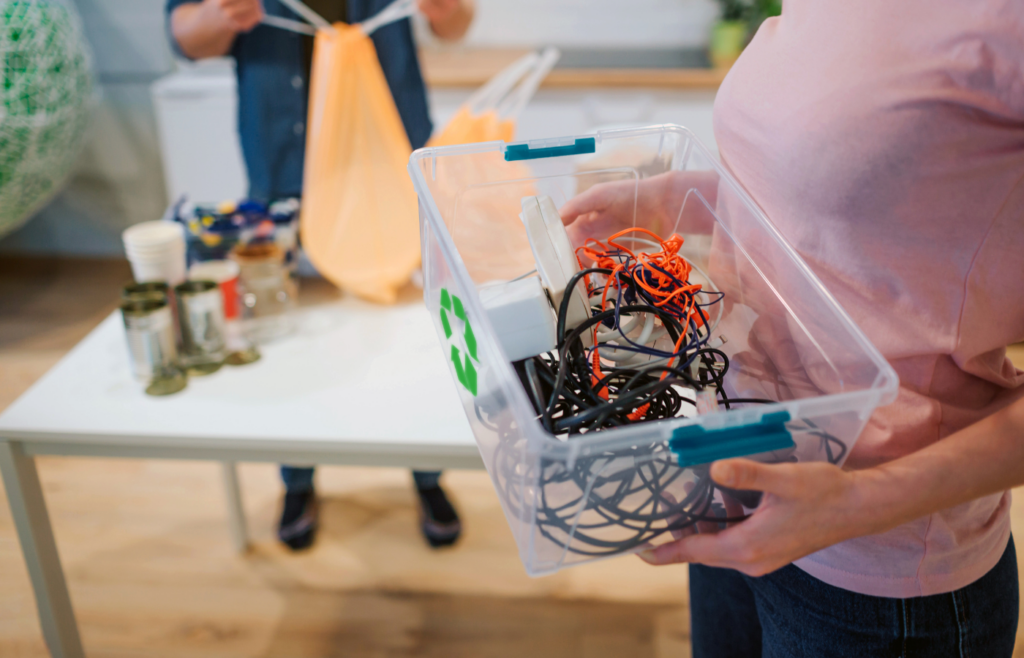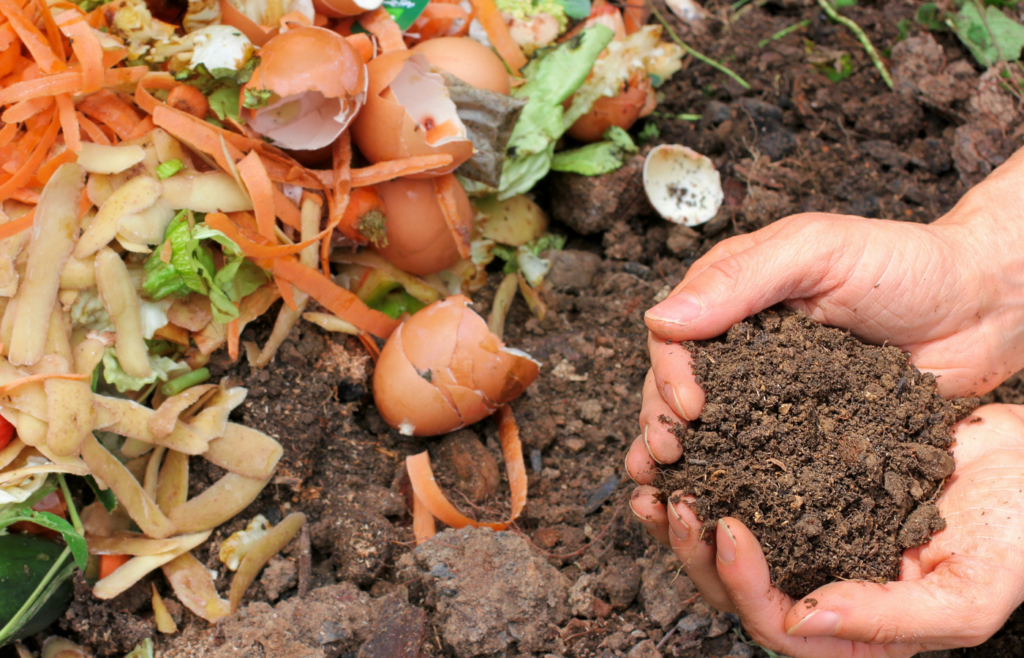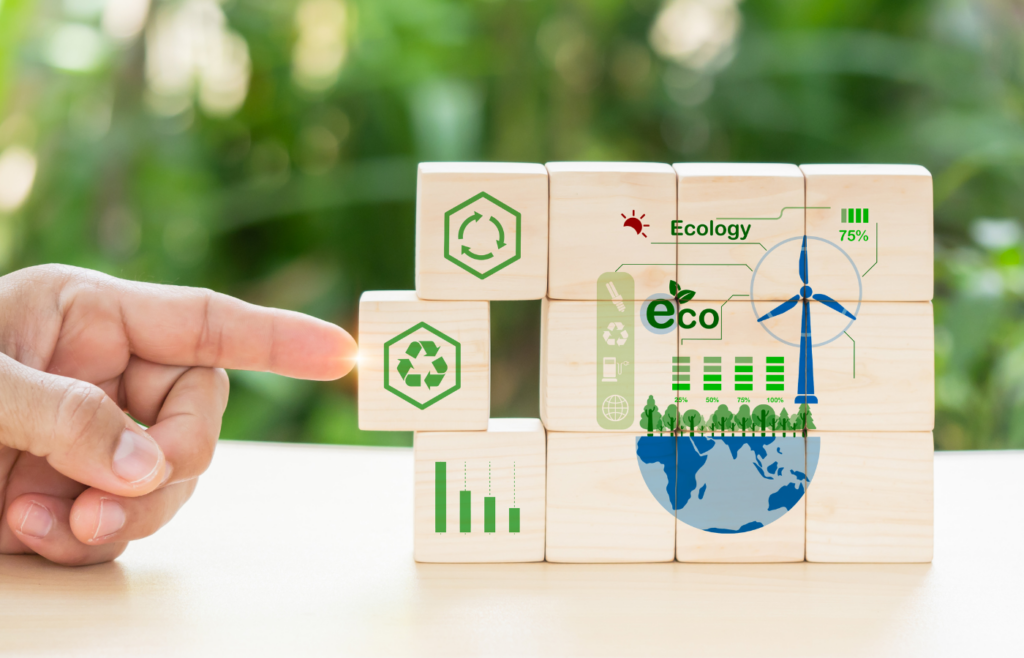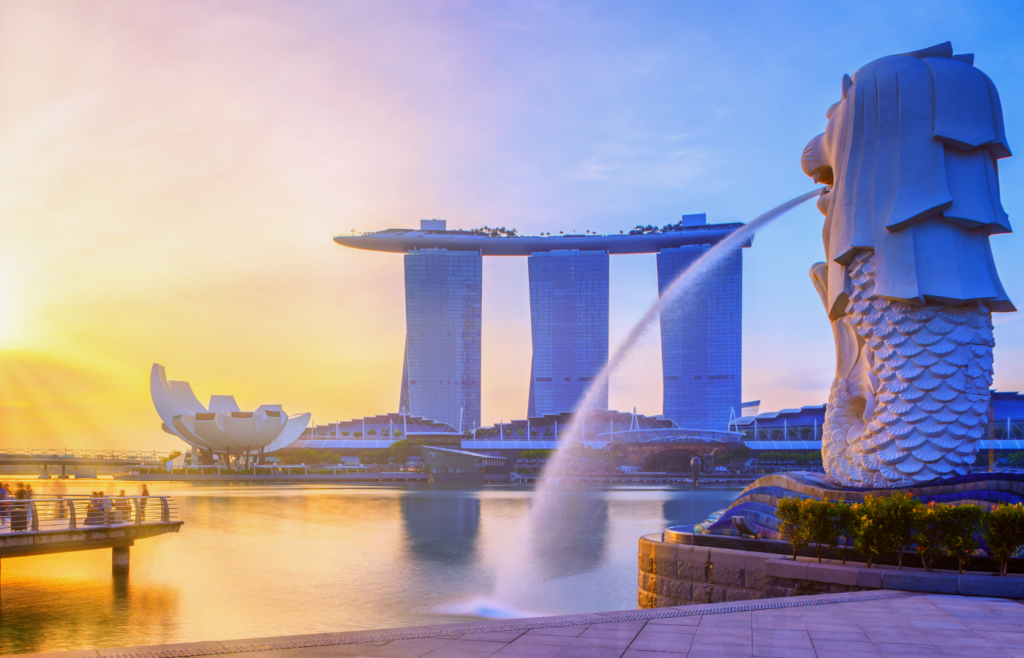Singapore has emerged as a global leader in adopting and promoting the principles of a circular economy. With a strong commitment to sustainability, this city-state has made significant strides in implementing circular practices.
In this first edition of our Embracing Circularity series, we’ll explore the current state of the circular economy in Singapore. Let’s look at some exceptional examples of circular initiatives that are driving change in the Lion City.
Leading the Way
Singapore’s dedication to the circular economy is evident in its ambitious goals and comprehensive strategies for sustainability. Through initiatives like the Zero Waste Masterplan, the country aims to reduce waste generation and encourage the responsible use of resources. These efforts serve as a testament to Singapore’s commitment to pioneering a more sustainable future.
Sustainable Business and Innovation
Circular economy principles are increasingly integrated into the business landscape in Singapore. By adopting practices that emphasise reusability and responsible resource management, companies are transforming traditional business models. Notably, Singapore’s status as a hub for innovation and technology makes it well-positioned to play a leadership role in advancing the circular economy.
Managing E-Waste

One of the key challenges of the modern era is the proper management of electronic waste, or e-waste. Singapore has recognised this issue and has taken significant steps to address it. E-waste recycling and management initiatives in the country aim to tackle this challenge head-on, contributing to both environmental protection and resource conservation.
Sustainability in Practice
Singaporean organisations, such as Singapore Innovate, are actively promoting the circular economy and advocating for greener, more sustainable practices. These groups play a vital role in fostering collaboration between businesses, governments, and communities, enabling a more comprehensive and effective approach to sustainability.
Innovative Approaches to Food Waste

Singapore’s food waste challenge is another area where the circular economy has been gaining traction. Circular economy practices are being explored as potential solutions to reduce food waste. By encouraging reusing and recycling food resources, Singapore is addressing both environmental and social aspects of the food waste issue.
Circular Water Management
In a country where water scarcity is a pressing concern, water reuse practices are integral to sustainability. Singapore’s circular water management initiatives are designed to maximise the use of this critical resource, minimising water wastage, and reducing environmental impact.
Public-Private Collaboration
Singapore’s circular economy journey is marked by successful public-private collaboration. The government, businesses, and civil society are working together to drive sustainability. Singapore’s Economic Development Board recognises the importance of collaboration to create a stronger circular economy, which serves as an example of the collective effort needed to address global environmental challenges.
Promoting a Greener Asia
Singapore is not just implementing circular economy practices locally but also taking a regional leadership role. It is actively contributing to the development of a greener and more sustainable Asia. The nation’s efforts are resonating across the region, inspiring other nations to follow suit.
Building on a Circular Economy Framework

Singapore’s journey toward the circular economy is a story of innovation, sustainability, and collaboration. The nation’s dedication to reducing waste and promoting resource efficiency showcases its commitment to a more sustainable future.
As Singapore continues to pioneer circular economy practices, it serves as a model for other nations looking to adopt similar principles. These initiatives highlight the vital role the circular economy plays in achieving a more sustainable and environmentally responsible world.
Singapore stands as a testament to the transformative power of circular thinking and the impact it can have on nations, regions, and the planet.
For more news & insights, stay tuned to the AIC website.

